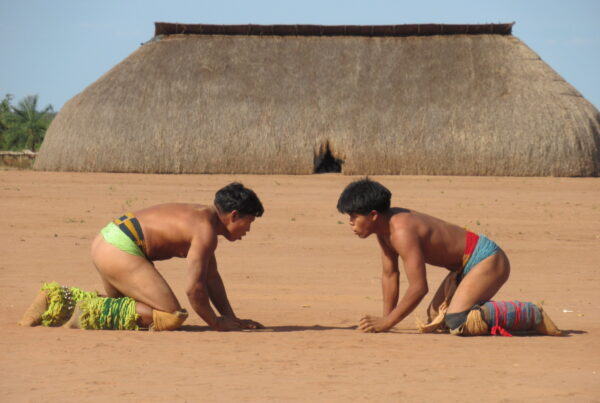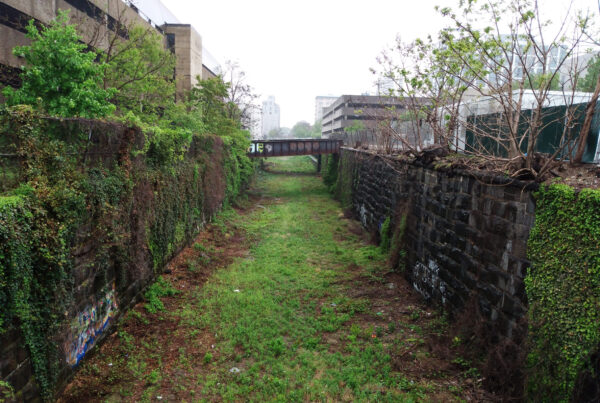By Dennis Schüpf
This photo-essay visibilizes the struggle of residents of Los Silos, Tenerife, against illegal sewage discharge which pollutes the sea and kills their fish.
Local residents of Los Silos (Tenerife) mourn for their sea, its marine resources and the beaches which have been closed until further notice. The area is decorated with black veils in all corners even on the gray walls around the endless banana plantations. These are expressions of an emotional connection with the ocean, as well as signs of outrage and anger over its contamination.


(All photos by the author)
Social mobilizations arose in the face of illegal sewage discharge through the regional submarine outfall located on the coast of this town. The pipeline continuously expels the excrements from households of the surrounding villages and other sewage into the sea without any treatment. In recent years, the rapid expansion of Tenerife’s urbanization as well as a growing tourism industry, put an additional heavy toll on already limited resources for infrastructure planning on the island, and reinforced the threat stemming from this untreated water. Sea water became contaminated with bacteria, leading to the death of fish and other animals along the coast of Los Silos and adjacent coastal communities. These wastewater streams clearly contain hazardous contaminants, posing further long-term risks to the environment and to the residents’ health.

The case of Los Silos also reveals unequal power relations in terms of where the sewage is being discharged and where it is not. Coastal tourism development plays a major role for the local economy, similar to the rest of the Canary Islands. It is therefore not surprising that the local government of Los Silos, a less touristy area, accepted to receive wastewater transferred from the more the touristic town of Garachico. Backed with little budget, the Los Silos City council was put in a serious predicament to sign such an agreement. The refusal of the agreement would have stopped the planned development of the district system and thus the council would have been forced to make large investment to remove the sewage by itself.

This decision has been perceived as a betrayal of the people by the social movement that formed around the environmental conflict: the Plataforma Los Silos-Isla Baja. The movement describes itself as a neighborhood association made up of citizens belonging not only to the village of Los Silos, but also to Buenavista del Norte and the village and port of Garachico. What unites them is their demand for participation and proactive behavior in sustainable use of the natural resources for the purpose of good living. Out of the movement, a strong campaign through social networks emerged, opposing the municipal decision that is exposing their coast and sea to becoming the toilet of the Isla Baja, the northern part of the Island where Los Silos is located.

Dead fish floating on the water surface made the environmental impact visible. On the facades of the house walls hang signs with messages such as “If fish eat shit and we eat fish…!” or “We are not the sewer of the Island”, demanding the immediate stop of dumping into the sea. Ironically, the pipeline discharges the defecated water directly under the skeleton of a 15-meter long sei whale. The whale memorial is a local tribute to the giants of the oceans and a symbol of a respectful relationship between humans and the sea, for its protection.


Fishers still go fishing, as a sense of powerlessness spreads, and one tells me that either way other foods are also exposed to toxins, likely referring to the huge banana plantations to be found everywhere in this region. The essay sheds light on the struggle for environmental justice in a case where coastal residents reject the logic of ‘killing’ the sea. It also highlights the need of engaging with civil society to find sustainable solutions for a water treatment infrastructure on an Island with shrinking and contested natural resource capacities.

Dennis Schüpf is a freelance documentary photographer and environmental justice researcher. He has a degree in International Development Studies (M.A), and works at IDOS (German Institute for Development & Sustainability) as researcher examining the impacts of sand mining on coastal adaptation to climate change.
A shorter version of this essay was previously published in Dennis’s website.







